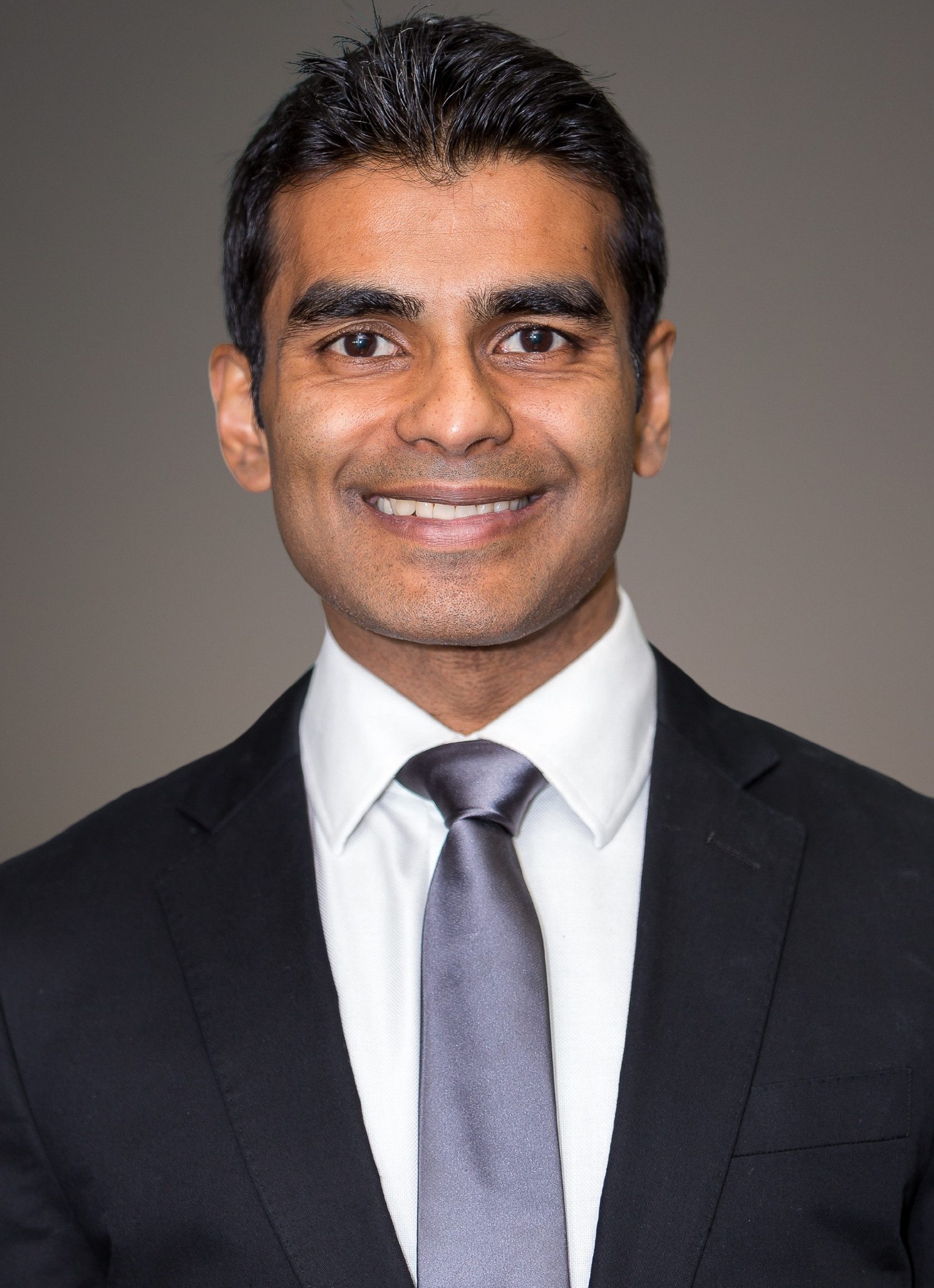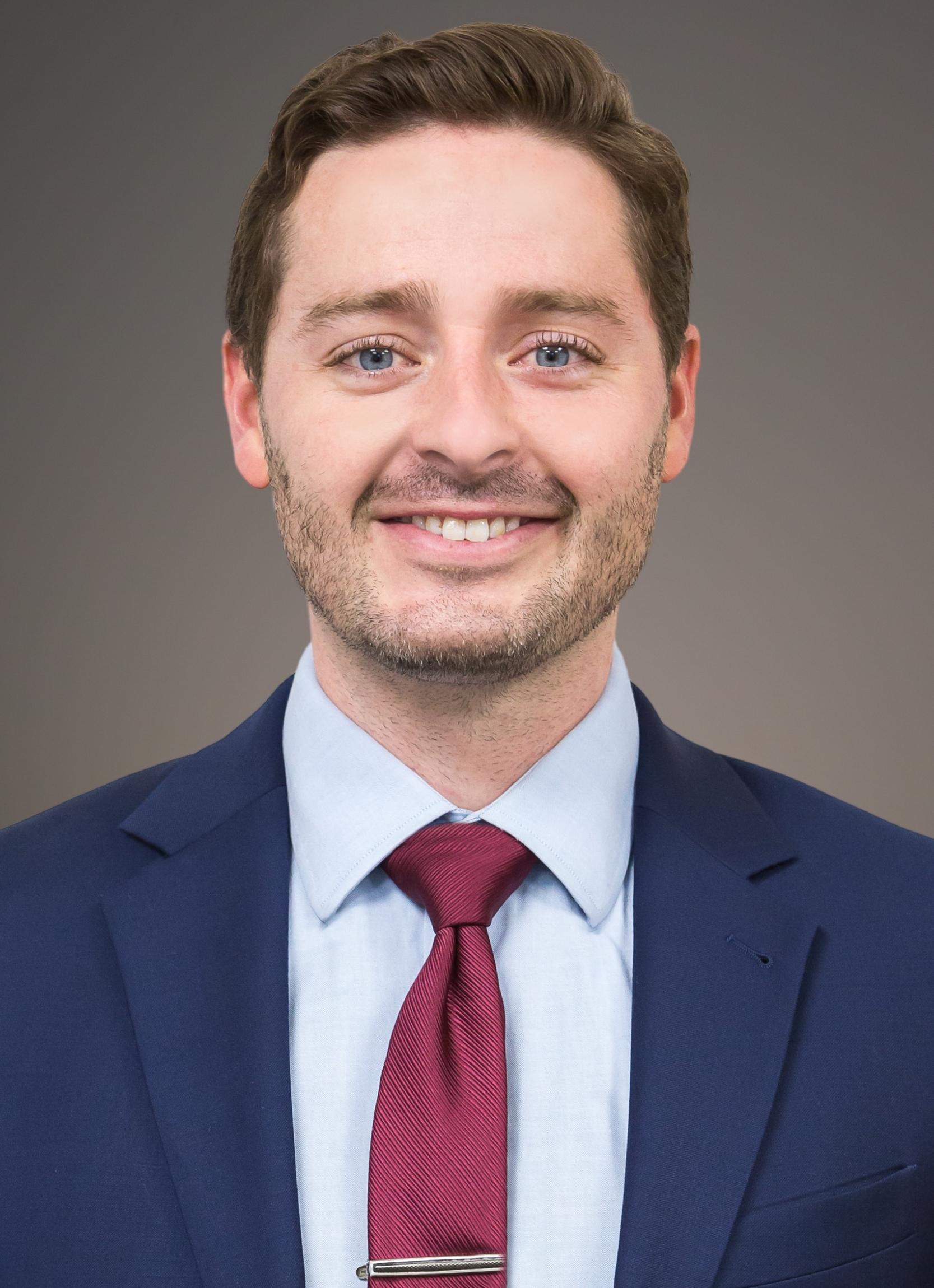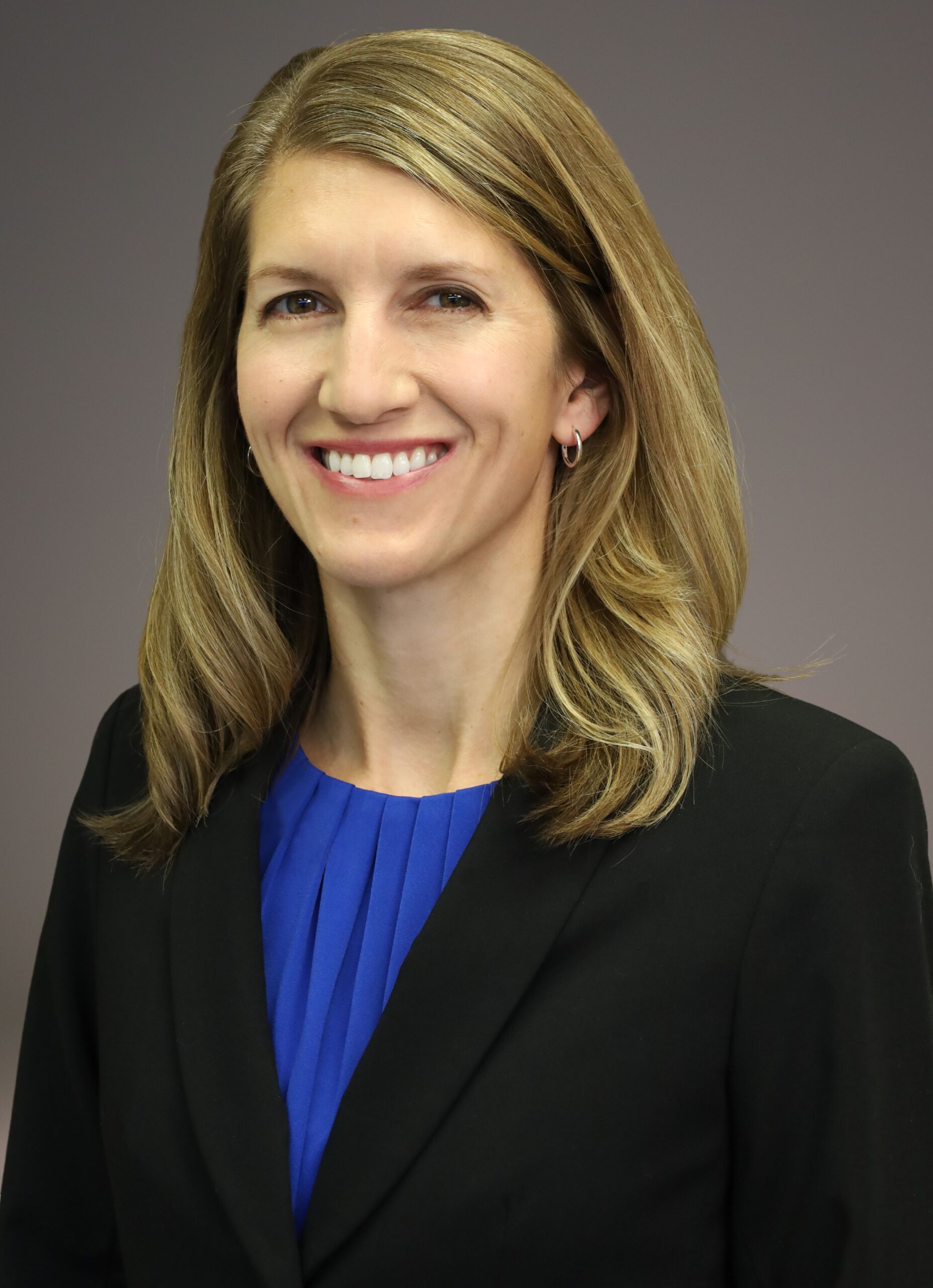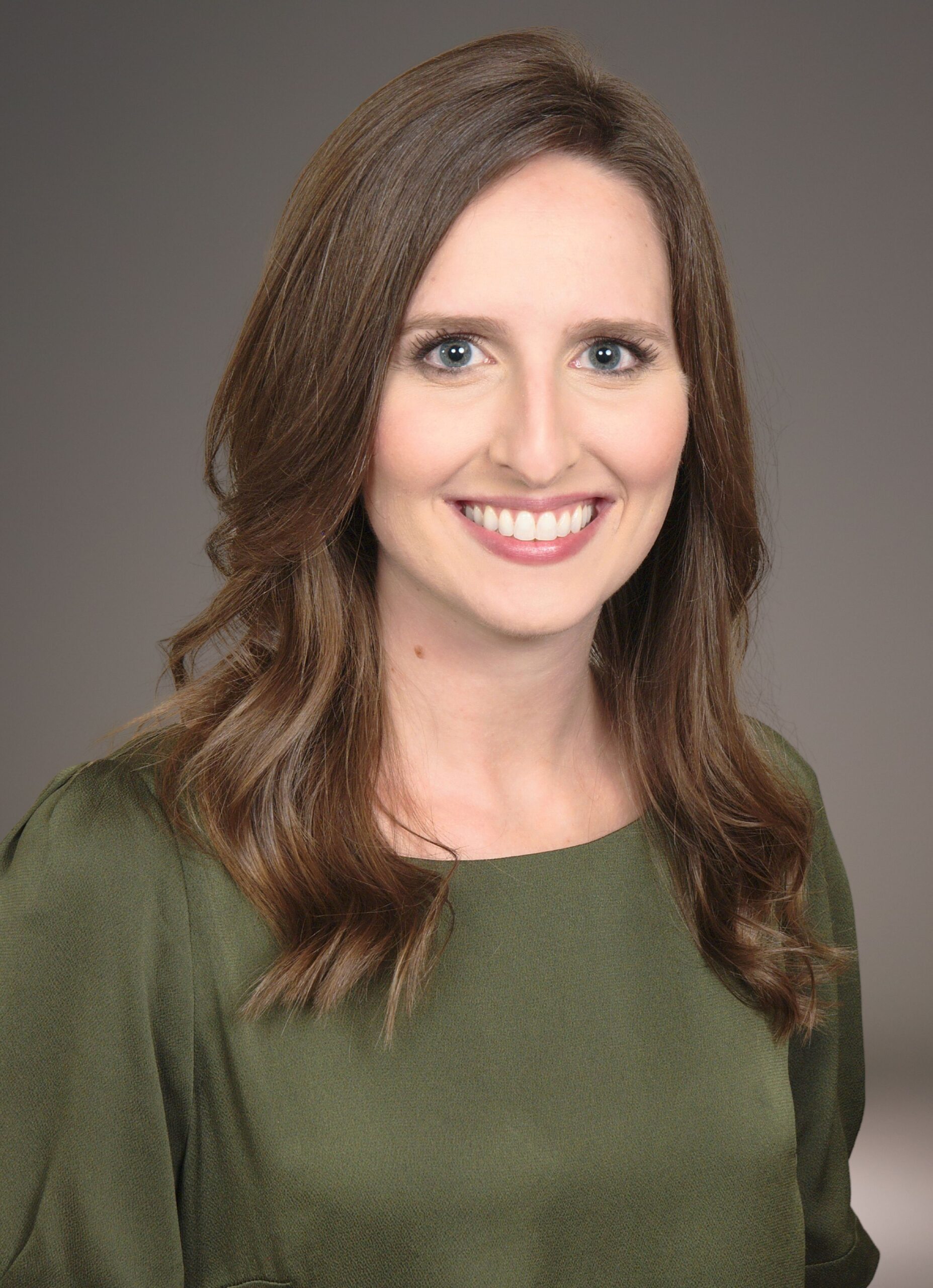At Florida Eye Specialists and Cataract Institute, one of the conditions we see and treat most often are cataracts. Our highly-trained and skilled surgeons are some of the most experienced in the field, and that’s why more and more patients trust their cataract treatment to us. We’re proud that hundreds of patients every year trust us to find solutions to their cataract problems.
A cataract is a common condition that causes a clouding of the eye’s lens, and affects millions of people each year, including more than half of all Americans over the age of 65. While more common in older people, it can also be present at birth or caused by medications, disease, trauma, or radiation. This clouding that forms over the lens of the eye can obscure vision. Colors get dim, the world gets blurry, and night driving gets harder. Cataract surgery can fix this problem, restoring eyesight to people. The surgery involves taking out the lens on the eye that has cataracts and replacing it with a clear lens.
Cataracts blur vision, and when it gets to the point of disrupting your life, cataract surgery could be the answer.
Announcing Advanced Laser Cataract Surgery
Now advanced laser cataract surgery is available in the Tampa Bay area. This new technologically enhanced procedure offers even more precision than traditional methods ensuring optimal surgical results. We recommend discussing with your surgeon this new option and if it is right for you.
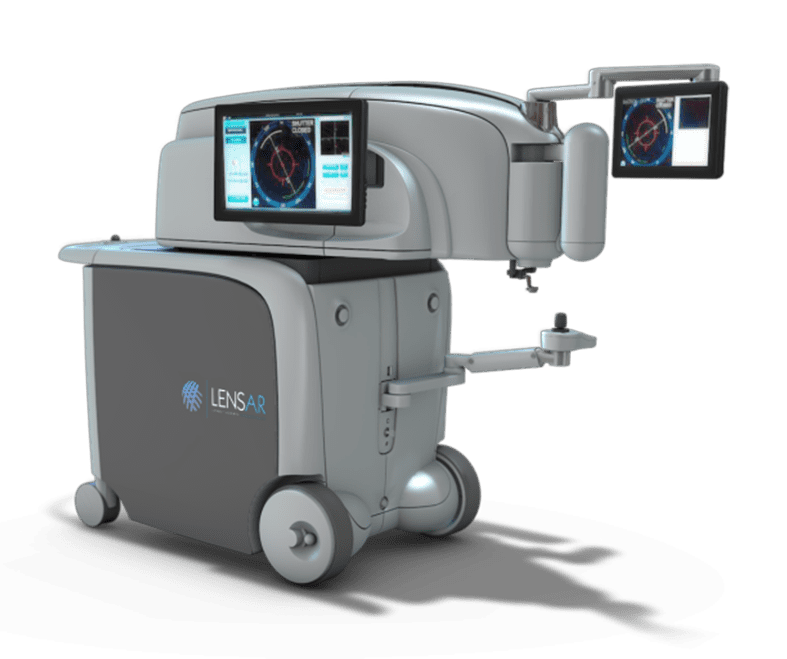
Cataract Symptoms
- Blurred or hazy vision
- Double vision
- Poor vision in bright light
- Seeing halos around lights
- Colors not as bright
- Poor vision at night
- Yellowish tinged vision
- Frequent changes in prescriptions
Appointment Request Wide
 Causes
Causes
Protein buildup in the lens slowly forms dense, cloudy areas that causing a progressive, but painless loss of vision. Light simply can’t get through the lens as easily. Our lenses cloud naturally as we age, especially if you’re over 65.
However, cataracts shouldn’t be accepted as part of your natural aging process – they’re a serious condition that requires prompt medical attention. If left untreated, cataracts will worsen over time and lead to permanent vision loss or even blindness.
Diagnosing
Regular checkups are the best way to detect cataracts as early as possible and to plan an effective treatment method. Early detection and treatment helps prevent vision loss. We perform various tests to diagnose cataracts. Typically, a dilated eye exam tests your vision and examines the condition of the lens and other parts of the eye. We may also use tonometry, a procedure that measures the pressure in the eye, as well as other diagnostic procedures.
Surgery
Cataract surgery can restore your vision and your ability to read, work or do the things you enjoy. It’s one of the most commonly performed surgical procedures in the U.S., and can be performed quickly and easily with minimal risk of complications. In fact, it has one of the highest success rates of any type of surgery. It takes only a few minutes to perform and is painless for most patients.
Before the surgery happens you will be given an ultrasound test to measure the eye. This will help the doctors get the right type and size of the lens, which is called an IOL, or intraocular lens. The IOL focuses light on the back of your eye, which will improve your vision. There are different types of lenses as well, and your doctor will go over those with you to determine what is best.
Types of lenses
- Fixed focus monofocal. This will help with distance vision.
- Accommodating-focus monofocal. This lens can help shift focus to near or far objects.
- This is similar to bifocal or progressive type lenses in eyeglasses.
- Astigmatism correction. This lens can correct astigmatism.
After surgery
Cataract surgery is an outpatient surgery, but you will not be able to drive. Make sure you have a driver to take you home after the surgery is complete. You will need to avoid work or anything that requires strenuous activity for a couple of days.
The good news is your vision should begin to improve in a few days. Your vision may be blurred at first, immediately after surgery, but you should start seeing positive results within a day or two.
You will be seeing the world through a new, clear lens. This means colors will look brighter. The cloudiness of the cataract makes colors look less intense, and with that gone, you will be able to see things as they really are.
You may feel some itching for a day or two and some mild discomfort, however, avoid rubbing your eyes.
There will be a follow-up visit with the doctor. The first one will be in just a few days to make sure things are going well. Afterward, your doctor will schedule additional appointments to keep track of the healing process.
You may receive eye drops to help with any discomfort and to protect against infection. The drops will also reduce inflammation.
There can be some drawbacks, so there are things you should look out for. If any of the following happen you should contact your surgeon immediately.
- Pain that is not easily stopped with over the counter medicine
- Vision loss
- Excessive or increased redness of the eye
- Swelling around the eye.
- Eyelid swelling.
- Light flashing or spots in front of your eyes.
Conclusion
Cataract surgery is beneficial to a lot of people. It will reduce cloudiness that obscures vision and could even eliminate the need for glasses. The procedure is very safe and a great thing for many people.
Note
Cataract surgery is a positive thing for many people, however, every person is different, and results can vary. Not all tips work for every person. While we make every effort to report accurate information, nothing is better than an in-person medical consultation with your eye doctor. This article should not be taken as medical advice, or be a substitute for talking with a professional.
For answers to any questions you may have, call Florida Eye Specialists and Cataract Institute today!

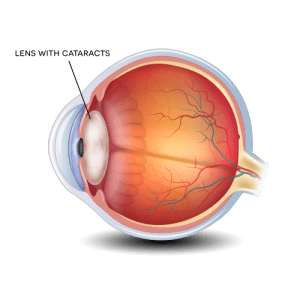 Causes
Causes

